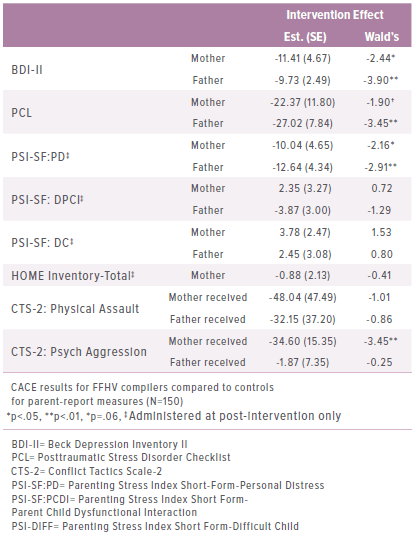IUDs Provide Safe, Effective Menstrual Management for Adolescents with Disabilities
Published August 2020 | Pediatrics
For patients with disabilities and their families, menstrual management is a common request. However, with little published information on treatment options, providers may not consider intrauterine devices (IUDs).
In the largest study of its kind to date, the research team demonstrates that IUDs are an effective means of stopping periods or managing symptoms associated with menstrual periods in pubertal patients with physical, intellectual, and developmental disabilities.
Unlike other hormonal methods, intrauterine devices (IUDs) have minimal systemic absorption, side effects, or interactions with other medications. Many young people with disabilities may not be able to use estrogen-containing methods due to medical comorbidities, medication interactions, or decreased mobility that may increase the risk for thrombosis.
To explore the safety and efficacy of IUDs in this population, the research team conducted a retrospective chart review of all IUDs placed at Cincinnati Children’s over a 10-year period—874 in total. Of these, 227 were placed in patients with disabilities, of which 185 IUDs in 159 patients met inclusion criteria. The mean age was 16.3 years (ranging from nine to 22 years) at IUD placement, with 19% younger than 13 years.
Results showed high IUD continuation rates (95% at one year and an estimated 73% at five years), relatively high amenorrhea rates (approximately 60% throughout the duration of IUD use), and low rates of side effects and complications (3% or less).
“These data are promising and should be used to allow more accurate counseling of adolescents with special needs and their families about this highly effective, safe menstrual management and contraceptive method,” says senior author Lesley Breech, MD. “Further research can allow us to prospectively assess continuation rates, outcomes, and satisfaction with levonorgestrel IUDs in this population.”





